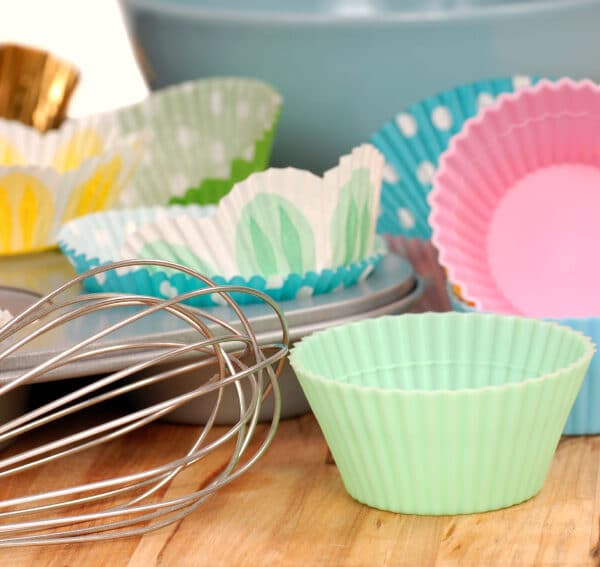
Henry Brown has a degree in fine art, impressive dreadlocks and the sort of accent that would get him a voiceover part in Downton Abbey. He has only been a social care worker in my team for four months, but yesterday he rose in my estimations significantly through one small act. He anticipated.
Henry is part of a team working with young adults whose behaviour is at the sharp end of challenging. The daily round of managing their negotiation of life and the world through a series of outbursts can be exhausting for his team. It’s often all I can do to marvel at the level of calm, patient understanding they show.
Routine and rote
One of Henry’s clients is a young man who cannot easily transition from one moment to another due to severe autism. He finds it impossible to manage change and needs to have a plan of every movement and action that will happen in his day. However, he also needs to be offered choice, so that he can learn about being independent and begin to break the chains of his condition.
Henry was aware that for this young man, if a choice was made, then this had to be honoured and respected. There was little point in offering options if you couldn’t follow them through. The plan for the day was to go to the sports centre and participate in a movement group. This had been discussed and the activity was well rehearsed, but at the crucial moment the young man chose not to continue. As Henry asked him what he would prefer to do, the group held their breath, anticipating a crisis.
“I want to cook” came the reply. The group almost gasped with horror and steeled themselves for the inevitable outburst that would follow when this choice was refused.
“OK”, said Henry, “better wash our hands then.”
Prepare for the unexpected
In the kitchen cupboard was a supply of bread mix, cake mix, dry ingredients and other baking paraphernalia. In a fully catered care facility, this was not the norm. But Henry had noted that this young man and others seemed to respond well to the activity of cooking at their day centre. When he was off duty and out at the supermarket, he had taken advantage of some special offers and purchased some easy-to-use baking products.
Moreover, Henry had also stocked the group home with art materials, modeling clay, plastic bottles to make bird feeders, the ingredients for home-made soap, a series of percussion instruments and numerous CDs and DVDs of a wide variety of styles and topics. All of these alternatives had been considered carefully and instructions for use had been drawn up. Henry had even put together a set of risk assessments to cover any potential use of the stock as weapons, the chance of them being ingested, and any possible allergies or reactions.
As the smell of cake wafted through the house, I remembered how fortunate we are that we can usually make snap decisions and do something unplanned. We don’t have to risk assess, staff, plan and negotiate daily life the way in that it is necessary for our service users.
Of course I’m not advocating we remove all the planning and risk unsafe activities, but it wouldn’t hurt to be more like Henry, and take time to prepare in a small way for the unanticipated.



